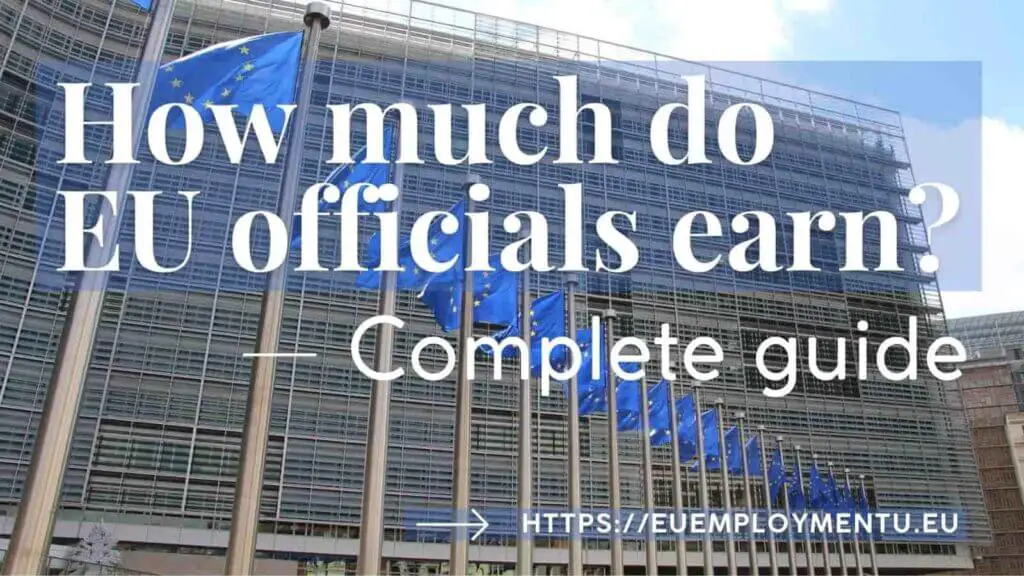The ‘agencies’ are specialized EU institutions that address a well-defined issue in a particular legal or policy field, but they are not “policy makers” as this function exclusively rests with the European Commission.
There are several typologies of EU agencies. “Up-stream” and “downstream” agencies. The first deal with research and other knowledge production activities. The latter – with implementation of EU legislation and policies that are set by the EU Council, the European Parliament and the European Commission. Agencies are also categorized based on their legal status in EU law: decentralized agencies; executive agencies (also known as “sunset agencies” as they are disbanded after a particular aim is achieved); Euratom agencies (dealing with nuclear energy-related issues); independent bodies.
The term ‘decentralised bodies’ of the European Union means that EU agencies have to follow most administrative rules applicable to EU institutions, however, they are not directly supervised by the European Commission but by Management Boards where EU Member States representatives have a majority. As of 2024 there are over 40 EU agencies.





Hi Ben and Simon above, I cannot be certain but I am pretty sure I read that it is alwaxs…